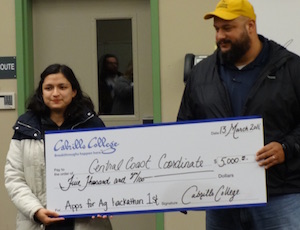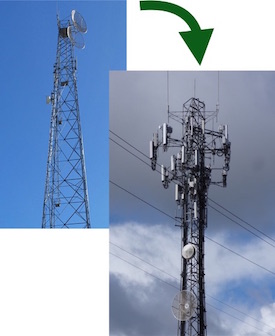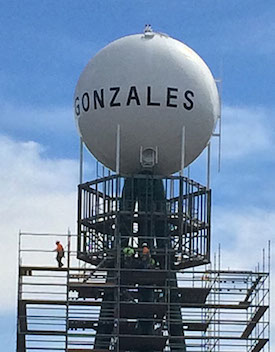Five teams compete for cash and honors at Watsonville agtech hackathon

It’s more complicated than you realise.
An application that farmers can use to manage the hundreds of tasks they have to work through every day was the winner at the third Apps for Ag hackathon, held in Watsonville on Sunday. The two-person Central Coast Coordinate team took top honors with a web application that uses calendar and map technology to schedule individual jobs for specific locations in the fields.
A total of fifteen competitors representing five teams took part in the competition, hosted by Cabrillo College at the Solari Green Technology Center in downtown Watsonville.… More

![By Steve Evans from Citizen of the World [CC BY 2.0 (https://creativecommons.org/licenses/by/2.0)], via Wikimedia Commons](https://www.tellusventure.com/images/2016/3/haka.jpg)
![By This photo was taken by Przemysław Jahr Autorem zdjęcia jest Przemysław Jahr Wykorzystując zdjęcie proszę podać jako autora: Przemysław Jahr / Wikimedia Commons (Own work) [Public domain], via Wikimedia Commons](https://www.tellusventure.com/images/2016/3/3g_phone.jpg)


![By mattbuck (category) (Own work by mattbuck.) [CC BY-SA 2.0 (https://creativecommons.org/licenses/by-sa/2.0) or CC BY-SA 3.0 (https://creativecommons.org/licenses/by-sa/3.0)], via Wikimedia Commons](https://www.tellusventure.com/images/2016/2/crash_barrier.jpg)


![By No machine-readable author provided. Fernando S. Aldado~commonswiki assumed (based on copyright claims). [Public domain], via Wikimedia Commons](https://www.tellusventure.com/images/2016/2/network_effect.png)
